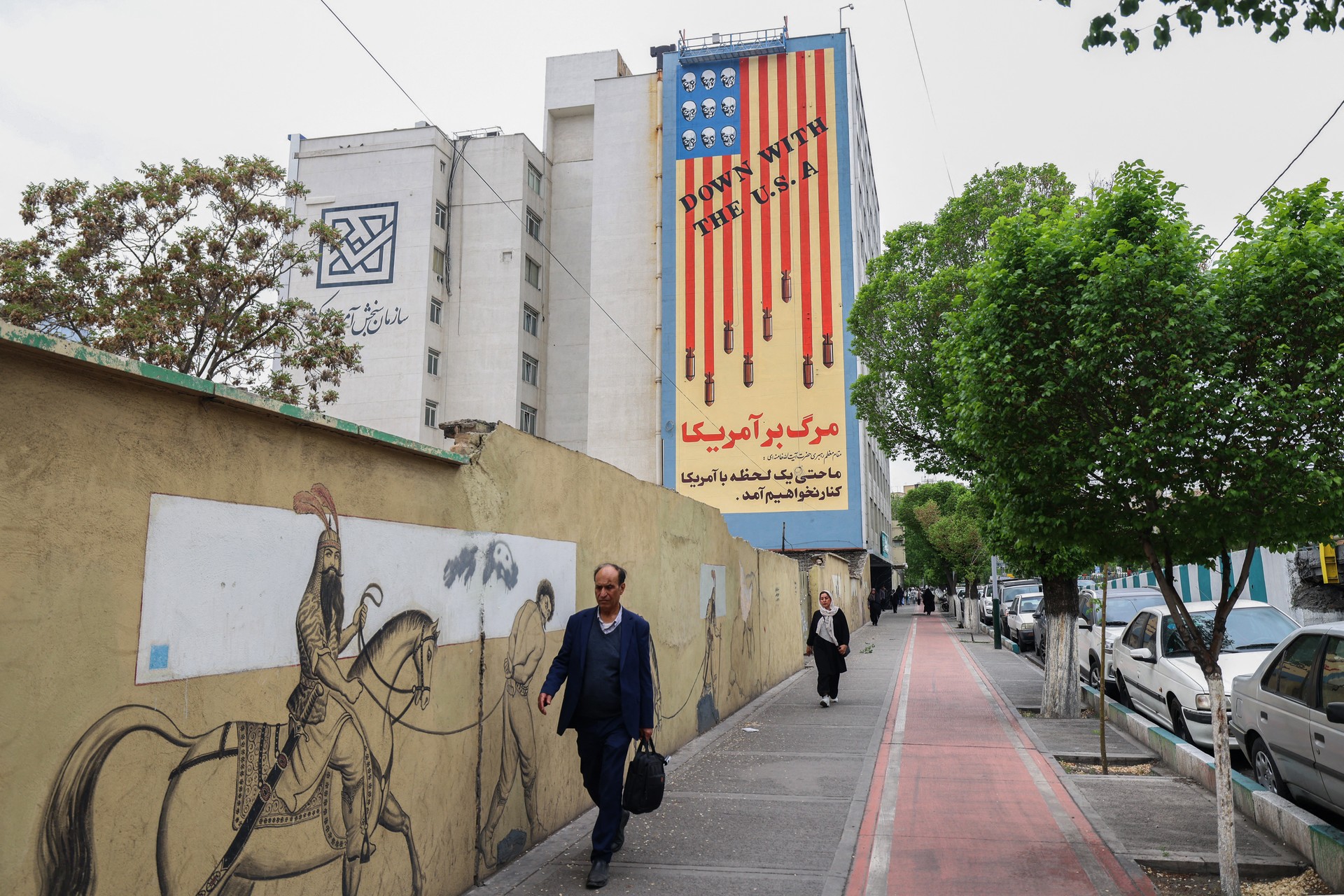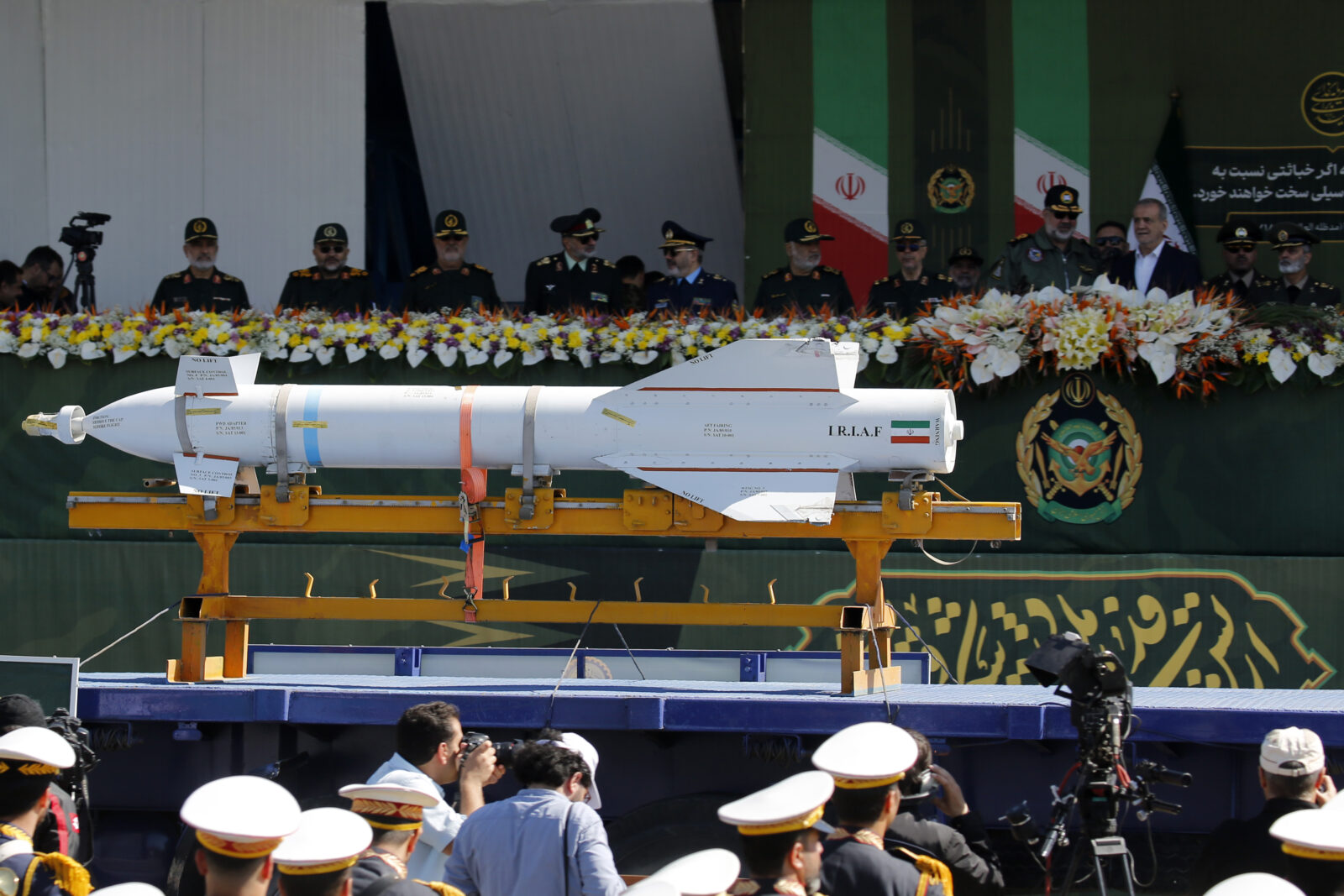
Oman announced Thursday that the fourth round of nuclear talks between the United States and Iran, scheduled for Saturday (May 3) in Rome, has been postponed due to logistical reasons.
Omani Foreign Minister Badr Albusaidi confirmed the delay in a statement posted on X, saying: “For logistical reasons we are rescheduling the U.S.-Iran meeting provisionally planned for Saturday May 3rd.”
He added that “new dates will be announced when mutually agreed.”
Neither Washington nor Tehran has commented on the postponement. However, the delay comes amid a spike in Iranian criticism of U.S. policy.
Iranian Foreign Ministry spokesperson Esmail Baghaei on Thursday warned against what he called “contradictory behavior and provocative statements” from the United States.
Baghaei condemned recent U.S. sanctions on Tehran, labeling them “hostile, unlawful, and inhumane against the Iranian people.”
He described the sanctions as “violations of the fundamental principles and rules of international law, including the norms of human rights,” and cited restrictions on Iranians, non-Iranians and companies as “a clear indication of the persistent lawlessness of American policymakers and their infringement upon the rights and interests of other nations.”

Since April 12, Oman and Italy have hosted three rounds of indirect talks aimed at reviving or renegotiating a nuclear agreement between Washington and Tehran.
The postponed meeting would have been the fourth high-level negotiation between the two countries since Trump withdrew from the 2015 nuclear accord in 2018. The agreement had eased international sanctions on Iran in exchange for curbs on its nuclear program.
Trump called the deal “flawed,” arguing it failed to address Iran's ballistic missile program and regional activities. He subsequently launched a “maximum pressure” campaign to secure a new agreement.
Tehran abided by the terms of the deal for one year following the U.S. withdrawal, before beginning to gradually reduce its commitments.